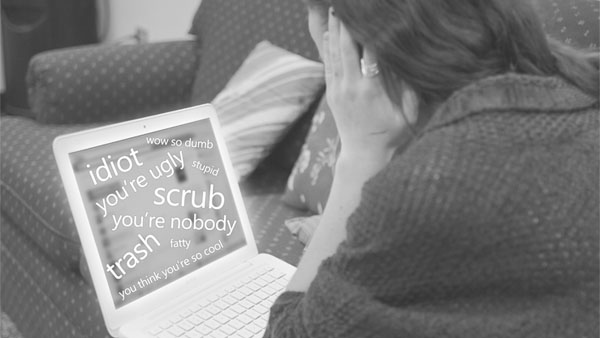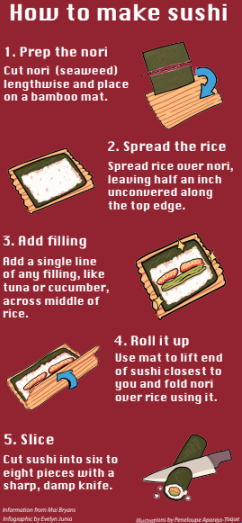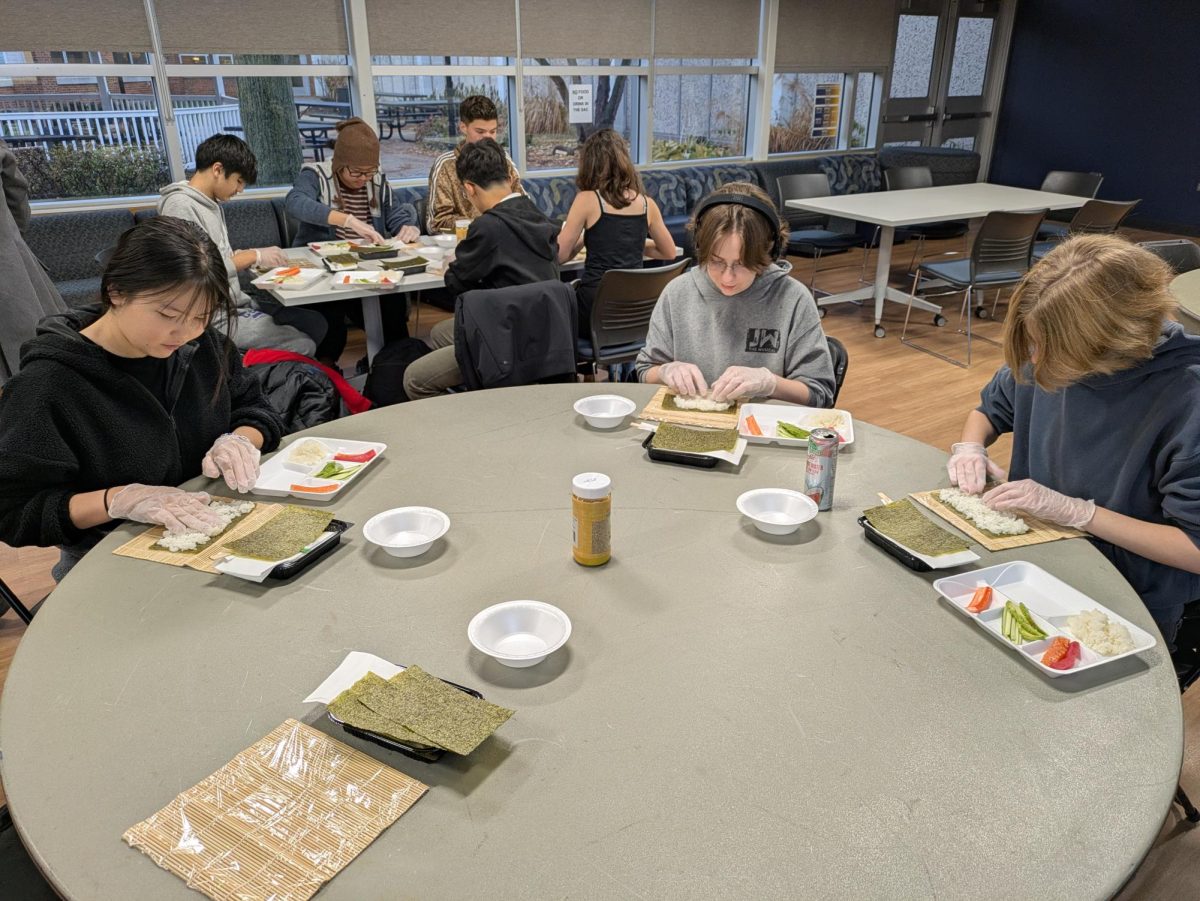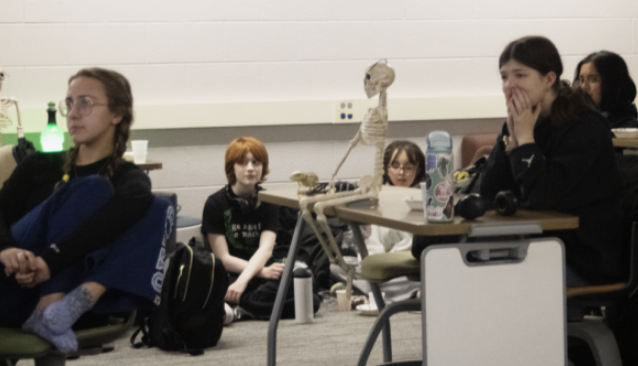On Sept. 9, Rebecca Sedwick, a teenager from Florida, committed suicide after months of being bullied on Facebook by her peers. Sedwick was called ugly, told to “drink bleach and die,” and even directed to take her own life, according to The Daily Mail.
With the eruption of new technology, an alternative form of bullying has emerged that can take place 24 hours a day, seven days a week.
Cyberbullying is bullying that takes place using electronic technology, including devices such as cell phones, computers, social media sites, email or other technology used to communicate, according to Stopbullying.gov.
Cyberbullying has grown to affect many adolescents worldwide. In fact, according to dosomething.org, nearly 43 percent of kids have been bullied online, and a quarter of those have had it happen more than once.
According to an Oracle-conducted survey of 219 students, 63 percent of students said that they or someone they know have been cyber bullied.
Freshman Yael Sheinfeld was cyber bullied by a former friend last year over Google Plus, a social networking site similar to Facebook. According to Sheinfeld, she was targeted because the bully thought she had feelings for her boyfriend.
“[The bully] took the situation to a completely different level,” Sheinfeld said. “[She] started insulting me in front of my friends online so everybody could see it.”
According to Sheinfeld, the girl who bullied her sent her emails and posted online calling her names and declaring that she didn’t deserve any friends.
“At first I was really surprised, because I went to a really small private school, and I was close with all of [my classmates] because I had known them since I was four,” Sheinfeld said. “I wasn’t really hurt at first, I was just really scared.”
In addition to Sheinfeld, junior Steph Johnson* also has been a victim of cyberbullying. Johnson was targeted on an anonymous Twitter account, called “South Hot List”, where she was featured on a list of South students with the “Biggest Egos.”
“It makes me angry,” Johnson said. “People don’t know me or what I feel inside. [Bullies] make false assumptions of who you are and what you do when they don’t know your story.”
Along with listing the “biggest egos,” the anonymous Twitter account created additional lists ranking the creator’s opinion of the most attractive students, the “Hottest Bods” and the “Hottest Couples.”
This was not the first account designed with the intention of anonymously posting about South students. Last year, numerous accounts were created on Twitter and Facebook for this purpose. Senior Quinn Abrams was one of the creators responsible for an open twitter account called “GBShoe,” where he and a few others tweeted about students’ appearances, reputations or other personal topics.
“[My friends and I] thought it’d be funny at first, but as it progressed, it got worse,” Abrams said. “It was funny at the time but I could see how it was hurting those talked about on the account. We were just being dumb teenage boys.”
According to Abrams, things started to change when his sister was targeted by an anonymous Twitter account separate from the one he was managing.
“When I found out that [my sister] was being [cyber bullied], it really hit home and I realized that the cyberbullying should stop,” Abrams said.
Abrams acknowledged that his actions on the anonymous Twitter account are classified as cyberbullying. According to Abrams, his definition of cyberbullying is when a person is mean to someone online by saying hurtful things or by ganging up on them with a group of friends.
Johnson reflects on how she felt after being cyber bullied, and comments on the effects of cyberbullying.
“You get so emotional about it, that first reaction is that it’s upsetting knowing that someone would do that to you,” Johnson said. “I guess I could see why kids would take their life.”
Last May, North student Angelo Kougias committed suicide after being cyber bullied when he publicized that he was gay. South junior Anne Smith*, a close friend of Kougias, recalls the feeling it left her with.
“It’s different every day knowing that you’ll never have the opportunity to talk to the person again and get to know them more,” Smith said. “It gives you a new outlook on life.”
According to Smith, there are other ways to cope and seek help for cyberbullying than hurting oneself or committing suicide.
South offers service to those who wish to speak with an adult, and has a 24-hour anonymous hotline number available to anyone who wishes to share their concerns about themselves or others. The number is 847/486-4949.
Abrams recognizes how his actions affected those targeted and wants others to think twice before cyberbullying.
“Is [cyberbullying] worth it?” Abrams said. “Are you really getting that much out of it? Keep an open mind and think about how you would feel if it were you. I [felt] like an idiot. I regret it.”
*Names have been changed.








